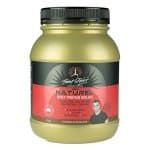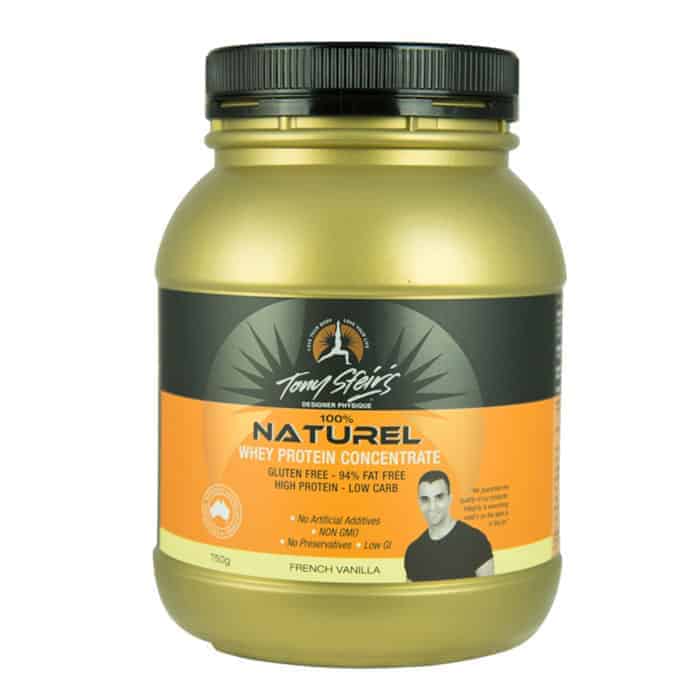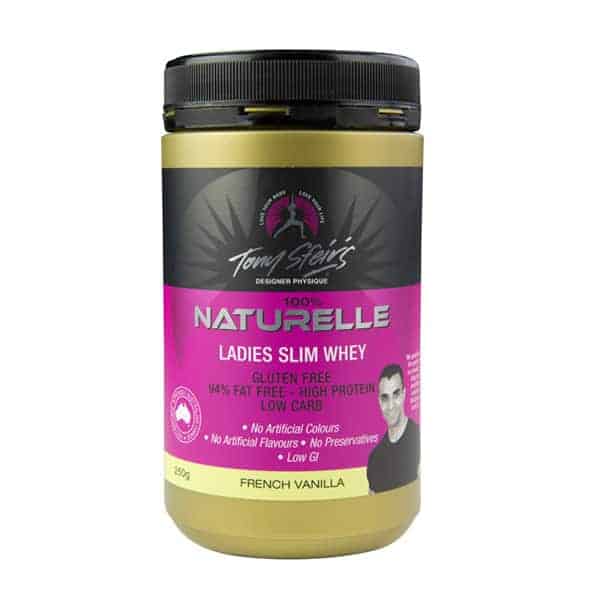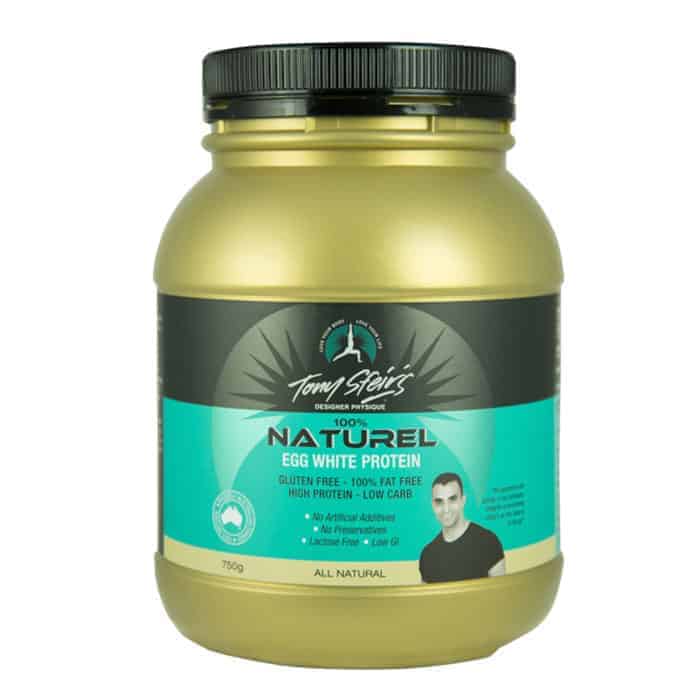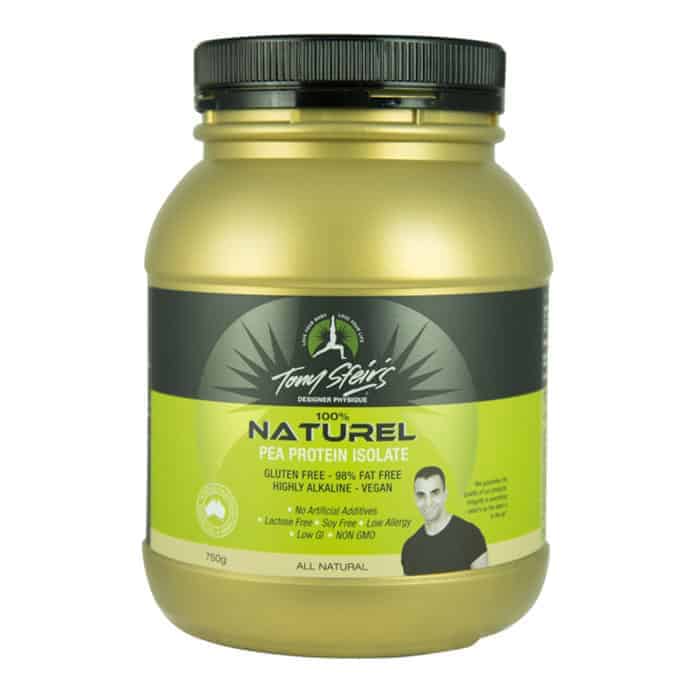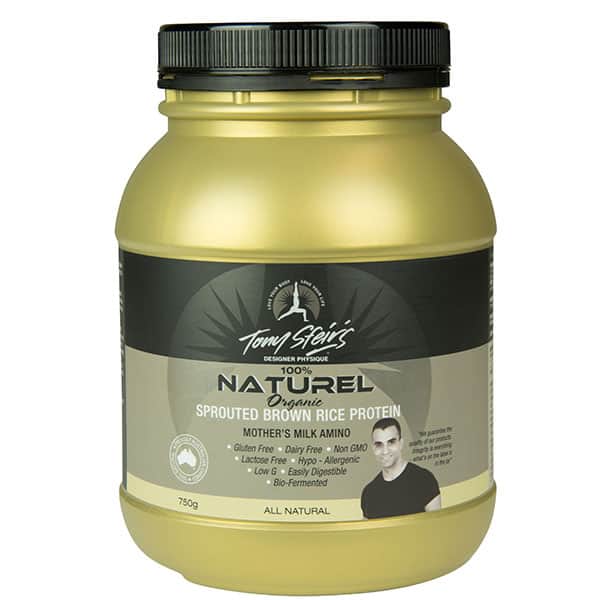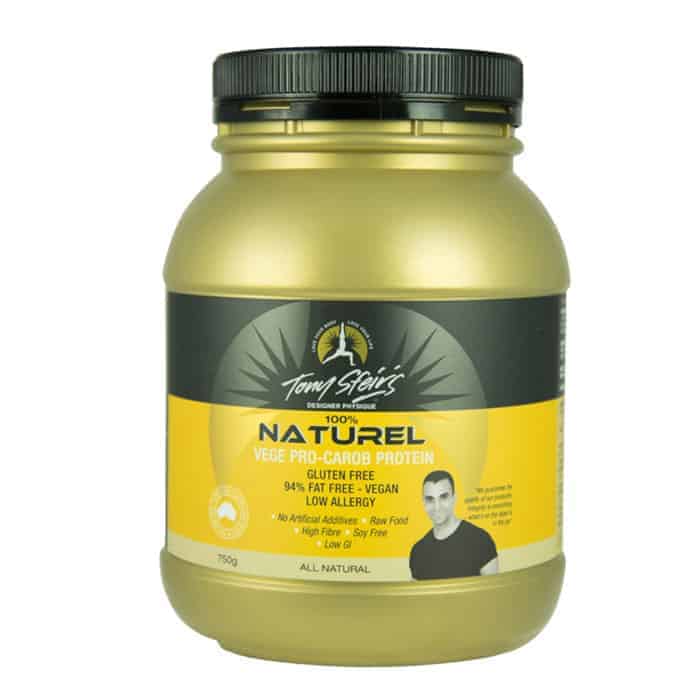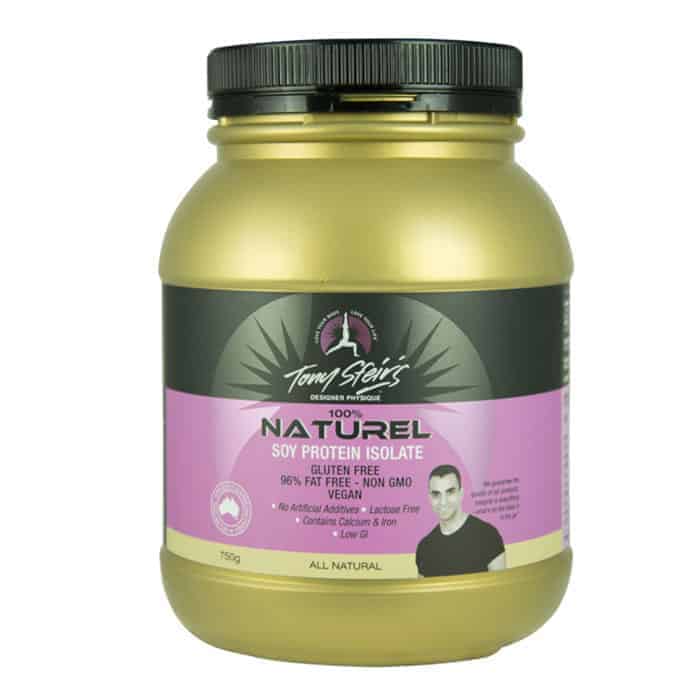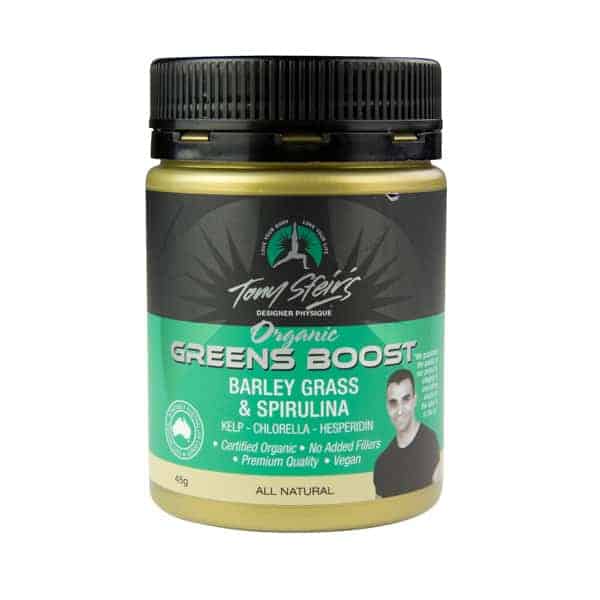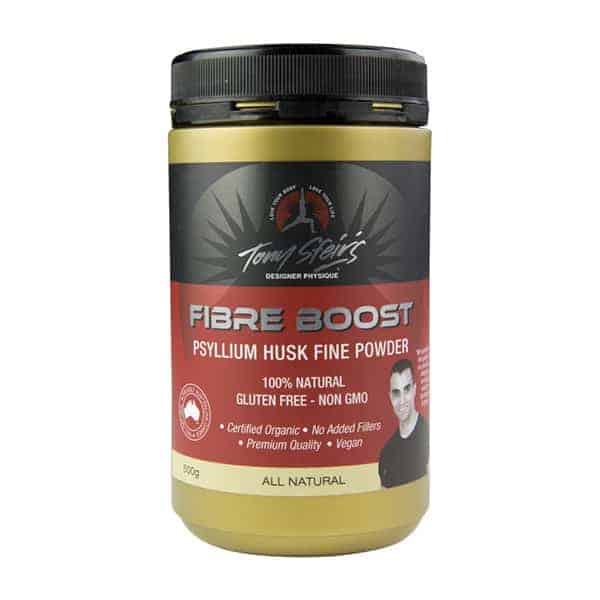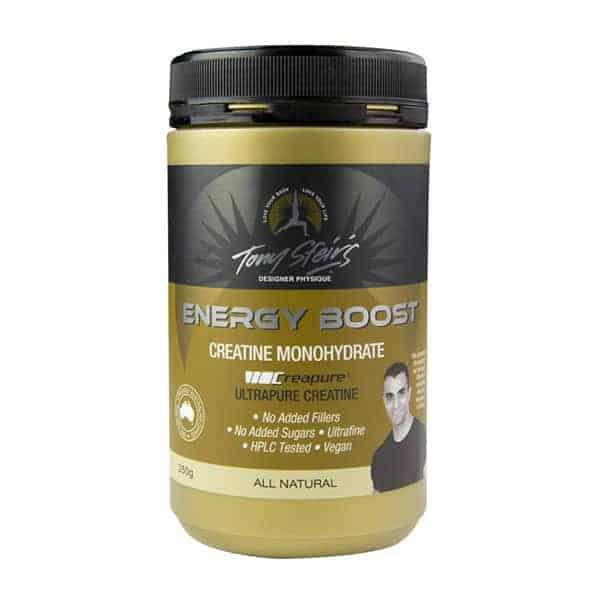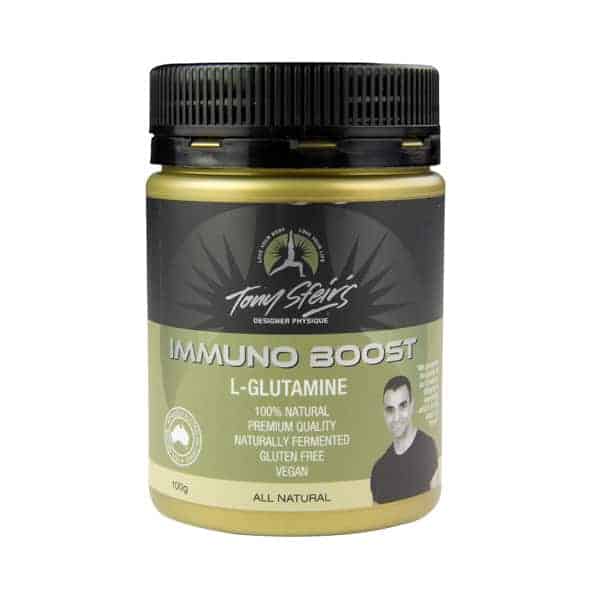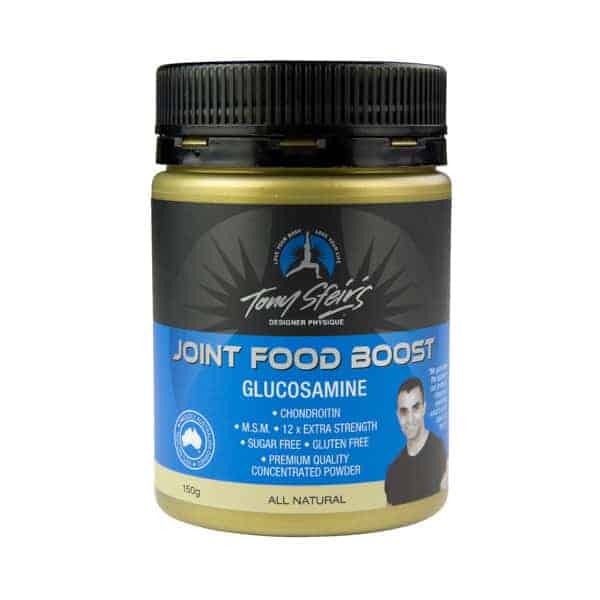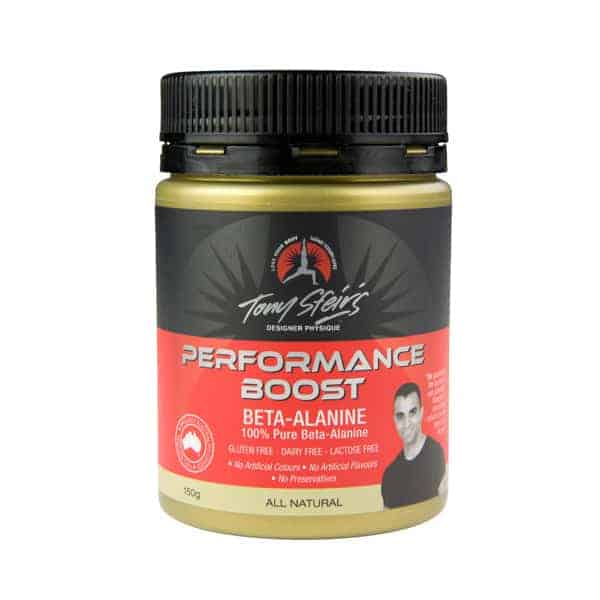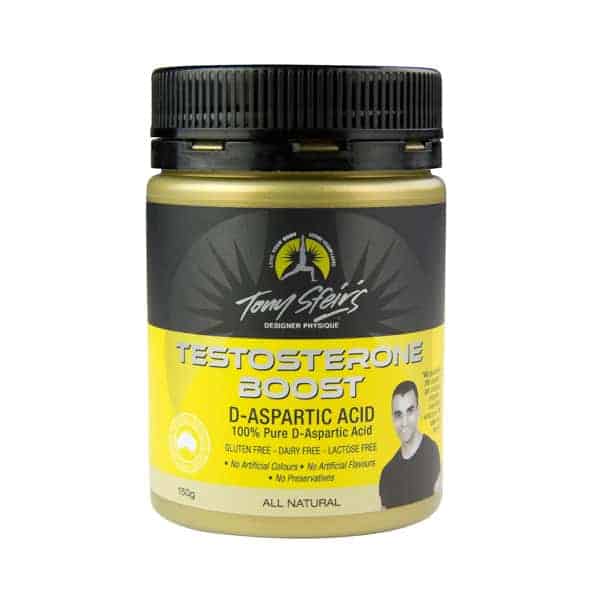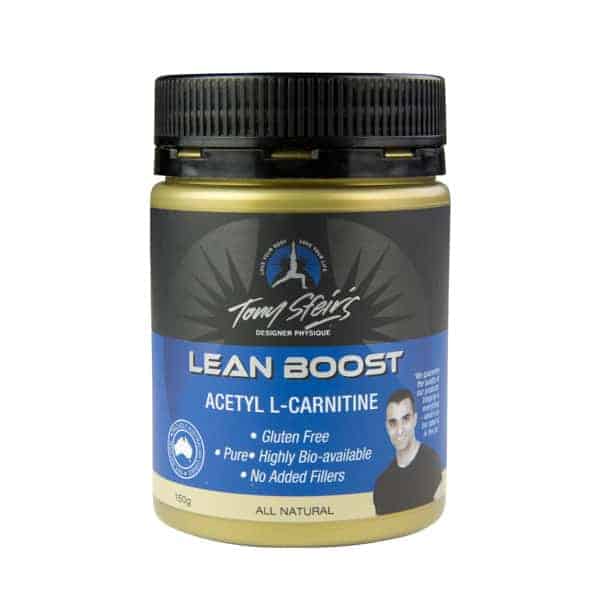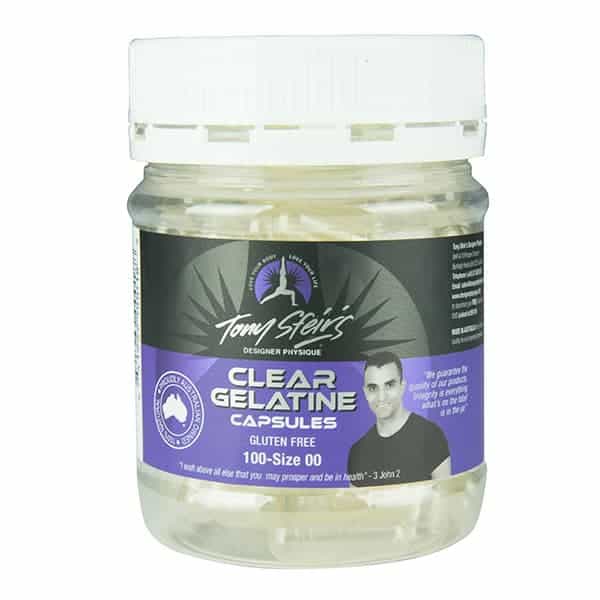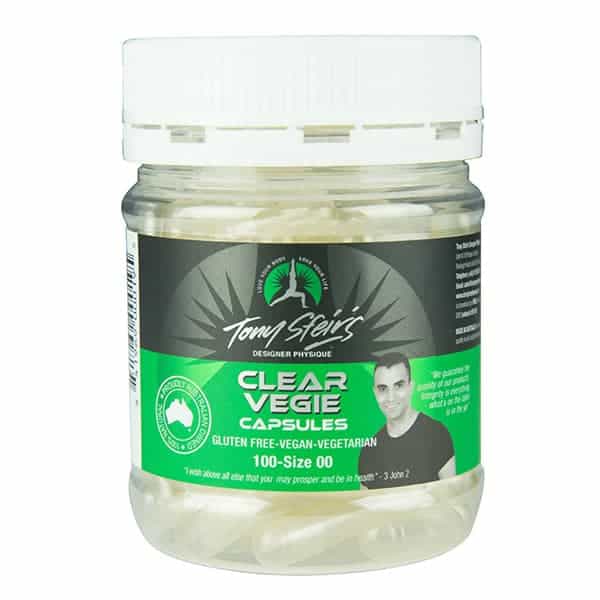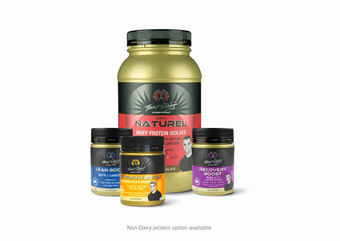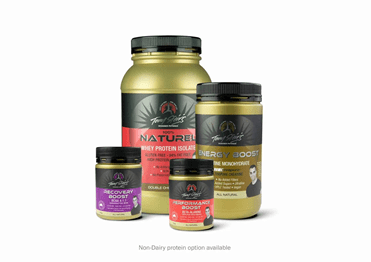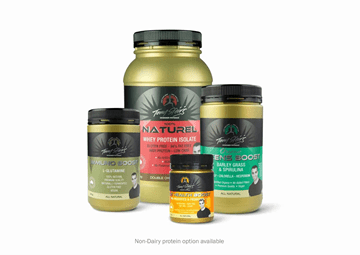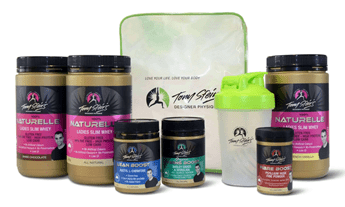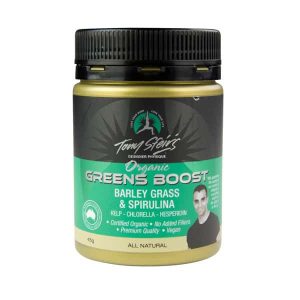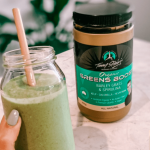Article At A Glance:
|
In the last year alone the percentage of adults experiencing mental health symptoms such as anxiety or depression increased from 36.4% to 41.5% (Vahratian et al., 2021). Seeing as mental health is a prominent and growing health concern it poses us to ask ourselves the following questions,
- How are you feeling mentally?
- Would you take a natural supplement that not only improves your health and wellbeing but reduces depression and anxiety?
Designer Physique’s Greens Boost is a prevention against depression and anxiety that your brain needs!
Why the increase in mental health issues?
The increase in mental health disorders can be linked to many different factors. In today’s society the big ones are most likely the financial strain from rising cost prices, pandemic related influences, the busy lives we lead, and social media pressures to name a few. As a society we are also becoming more aware of mental health and increasing the awareness and prevention for it.
Biochemically speaking, the health of your brain has a lot to do with the onset of depression and anxiety. Studies on brain region alterations in depressive disorder patients found alterations to gray and white brain matter in areas such as the frontal lobe, hippocampus, temporal lobe, thalamus, striatum and amygdala. This data highlights the link between depressive disorders and damage to brain regions, signifying the importance of maintaining brain health (Zhang et al., 2018).
So, How can Green’s Boost improve my brain health?
Designer Physique’s Greens boost powder is a matrix of superfood ingredients designed to support overall health and wellbeing. Containing barley grass, spirulina, chlorella, kelp and hesperidin, these ingredients are all highly researched for their therapeutic benefits- including the ability to improve brain health and support mental health.
Let’s take a closer look at each specific ingredient…
| Ingredient | Benefit | Evidence |
| Barley Grass | Contains antidepressant properties which reduce stress and alleviate depressive symptoms. | Studies conducted on mice found that barley grass was able to act as an antidepressant by inhibiting the increase of NGF (nerve growth factor – plays a role in stress response) levels in the hippocampus region of the brain (Yamaura et al., 2012). It also helps to support brain health by protecting against cognitive decline and boosting memory (Eldamaty et al., 2021). |
| Spirulina | Contributes to the prevention of brain conditions by reducing mental fatigue, regulating internal pressure and protecting the vascular wall of brain vessels from endothelial (brain cell) damage (Sorrenti et al., 2021). | A rich source of tryptophan, which supports the production of the ‘feel good’ hormone serotonin; this helps to enhance mood and reduce feelings of anxiety and depression (Sileshi, 2018). |
| Chlorella | Keeps the brain healthy and functioning by providing it with essential nutrients and minerals such as B vitamins, vitamins A, C, E, D, magnesium, zinc and iron. | To stay healthy the brain requires an activated form of B12, chlorella is one of the only plant sources that provides this form of B12 (Merchant et al., 2015). |
| Kelp | Kelp is a high source of iodine, the nutrient responsible for maintaining healthy brain activity and development for children (Zava & Zava, 2011). | Studies found lower depressive symptoms in participants who ate higher amounts of dietary seaweed. |
| Hesperidin | A bioflavonoid that shows anti-depressive effects based on the NLRP3 inflammatory signalling pathway by reducing the inflammatory reaction. | As evidence shows a link between humans with depression and increased inflammation, hesperidin’s ability to reduce inflammation is associated with the ability to reduce depressive symptoms (Xie et al., 2020). |
Keen for greens?
Now that you know just how beneficial our Greens Boost is for your brain health and the antidepressant qualities that it possesses, the question left to ask yourself is why didn’t you try it sooner? For more information on some of the other great ways that Greens Boost can benefit your life, have a read here. If you haven’t already, order yours today. You are just a green spoonful away from a happier day!
To keep things even happier, don’t forget to use our code GRNWNTER15 for 15% off our Greens Boost until the end of August!
References
Eldamaty, H. S. E., Elbasiouny, H., Elmoslemany, A. M., Abd El-Maoula, L. M., El-Desoky, O. I., Rehan, M., Abd El Moneim, D., et al. (2021). Protective Effect of Wheat and Barley Grass Against the Acute Toxicological Effects of the Concurrent Administration of Excessive Heavy Metals in Drinking Water on the Rats Liver and Brain. Applied Sciences, 11(11), 5059. MDPI AG. Retrieved from http://dx.doi.org/10.3390/app11115059
Merchant, R. E., Phillips, T. W., & Udani, J. (2015). Nutritional Supplementation with Chlorella pyrenoidosa Lowers Serum Methylmalonic Acid in Vegans and Vegetarians with a Suspected Vitamin B₁₂ Deficiency. Journal of medicinal food, 18(12), 1357–1362. https://doi.org/10.1089/jmf.2015.0056
Sileshi, S. (2018). Spirulina as a main source of tryptophan for mental illness: Improving level of serotonin through tryptophan supplementation. 7. Accessed on 19/08/22, <https://www.researchgate.net/publication/326293829_Spirulina_as_a_main_source_of_tryptophan_for_mental_illness_Improving_level_of_serotonin_through_tryptophan_supplementation>
Sorrenti, V., Castagna, D. A., Fortinguerra, S., Buriani, A., Scapagnini, G., & Willcox, D. C. (2021). Spirulina Microalgae and Brain Health: A Scoping Review of Experimental and Clinical Evidence. Marine drugs, 19(6), 293. https://doi.org/10.3390/md19060293
Vahratian, A. Blumberg, S. Terlizzi, EP. Schiller, JS. (2021). Symptoms of Anxiety or Depressive Disorder and Use of Mental Health Care Among Adults During the COVID-19 Pandemic — United States, August 2020–February 2021. MMWR Morb Mortal Wkly Rep 2021;70:490–494. DOI: http://dx.doi.org/10.15585/mmwr.mm7013e2
Xie, L. Gu, Z. Liu, H. Gia, B. Wang, Y. et al. (2020). The Anti-Depressive Effects of Hesperidin and the Relative Mechanisms Based on the NLRP3 Inflammatory Signaling Pathway. Frontiers Pharamcol, 14 August 2020. https://doi.org/10.3389/fphar.2020.01251
Yamaura, K., Nakayama, N., Shimada, M., Bi, Y., Fukata, H., & Ueno, K. (2012). Antidepressant-like effects of young green barley leaf (Hordeum vulgare L.) in the mouse forced swimming test. Pharmacognosy research, 4(1), 22–26. https://doi.org/10.4103/0974-8490.91030
Zava, T.T., Zava, D.T. (2011). Assessment of Japanese iodine intake based on seaweed consumption in Japan: A literature-based analysis. Thyroid Res 4, 14. https://doi.org/10.1186/1756-6614-4-14
Zhang, F. F., Peng, W., Sweeney, J. A., Jia, Z. Y., & Gong, Q. Y. (2018). Brain structure alterations in depression: Psychoradiological evidence. CNS neuroscience & therapeutics, 24(11), 994–1003. https://doi.org/10.1111/cns.12835

